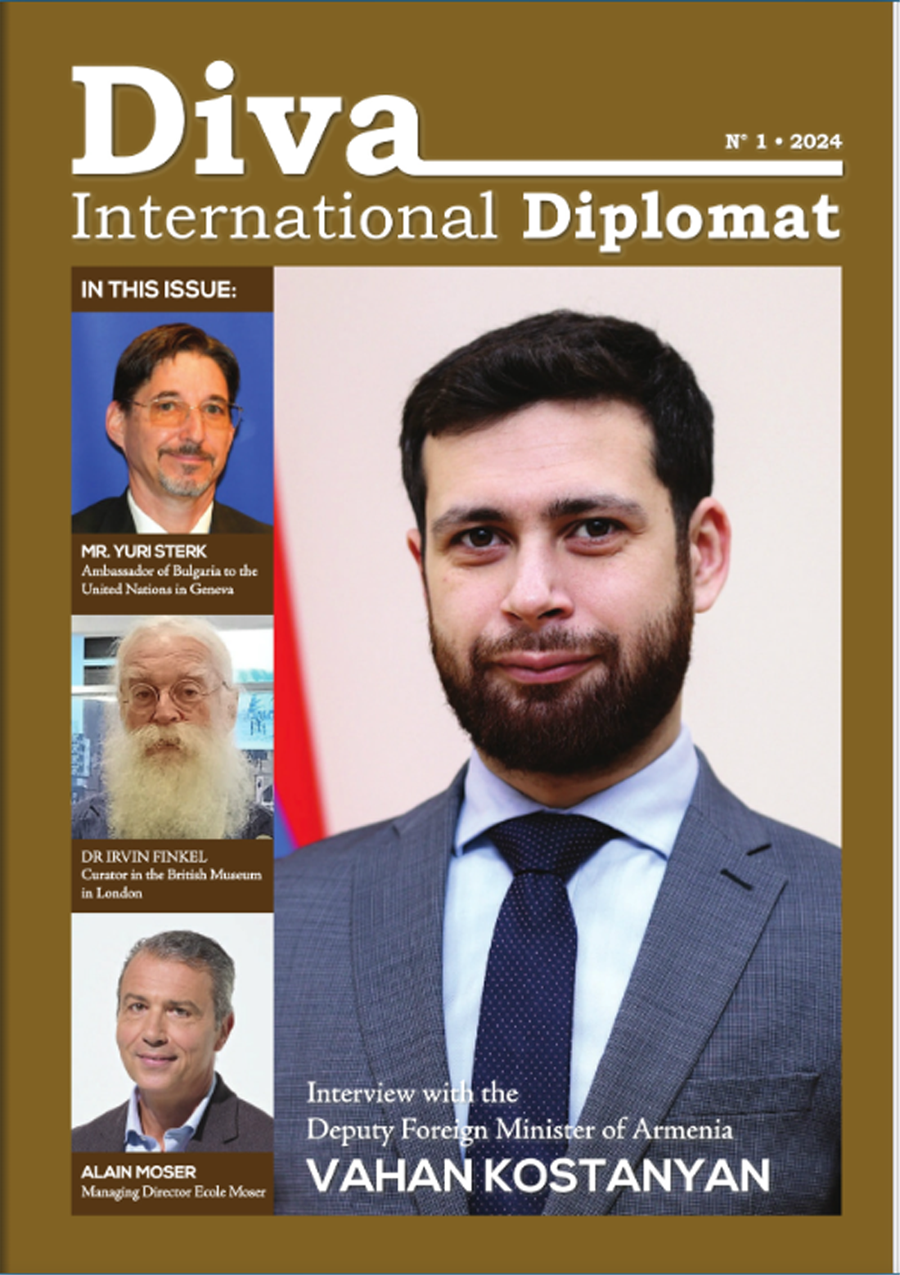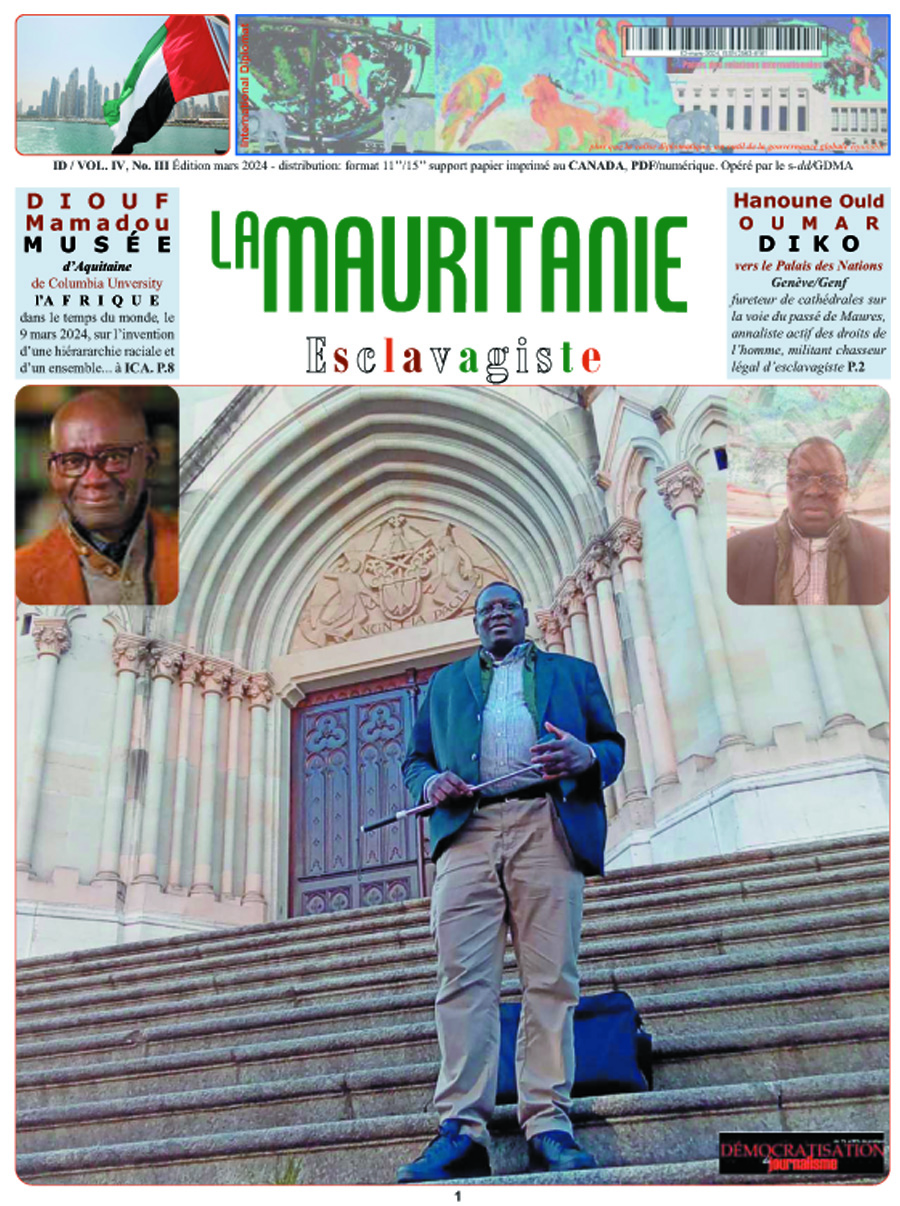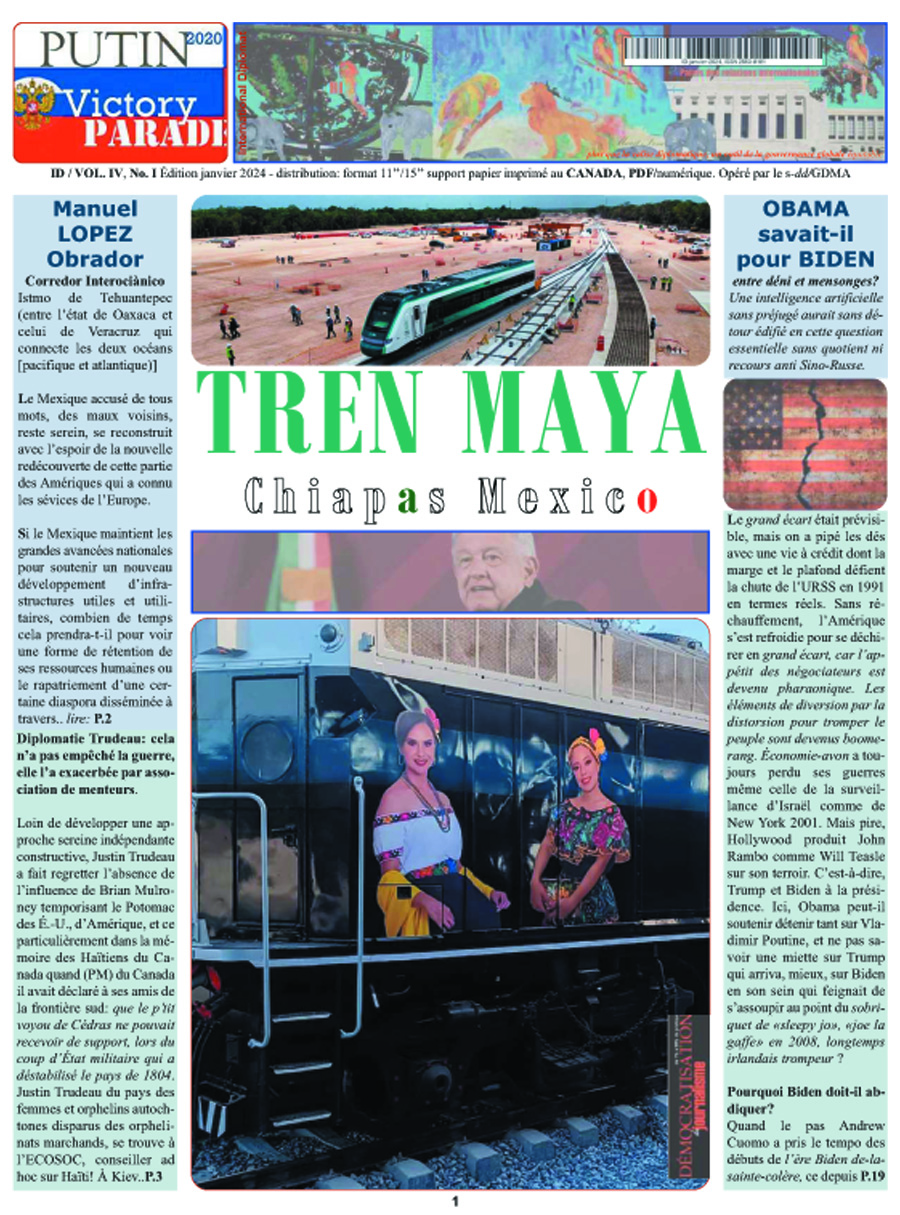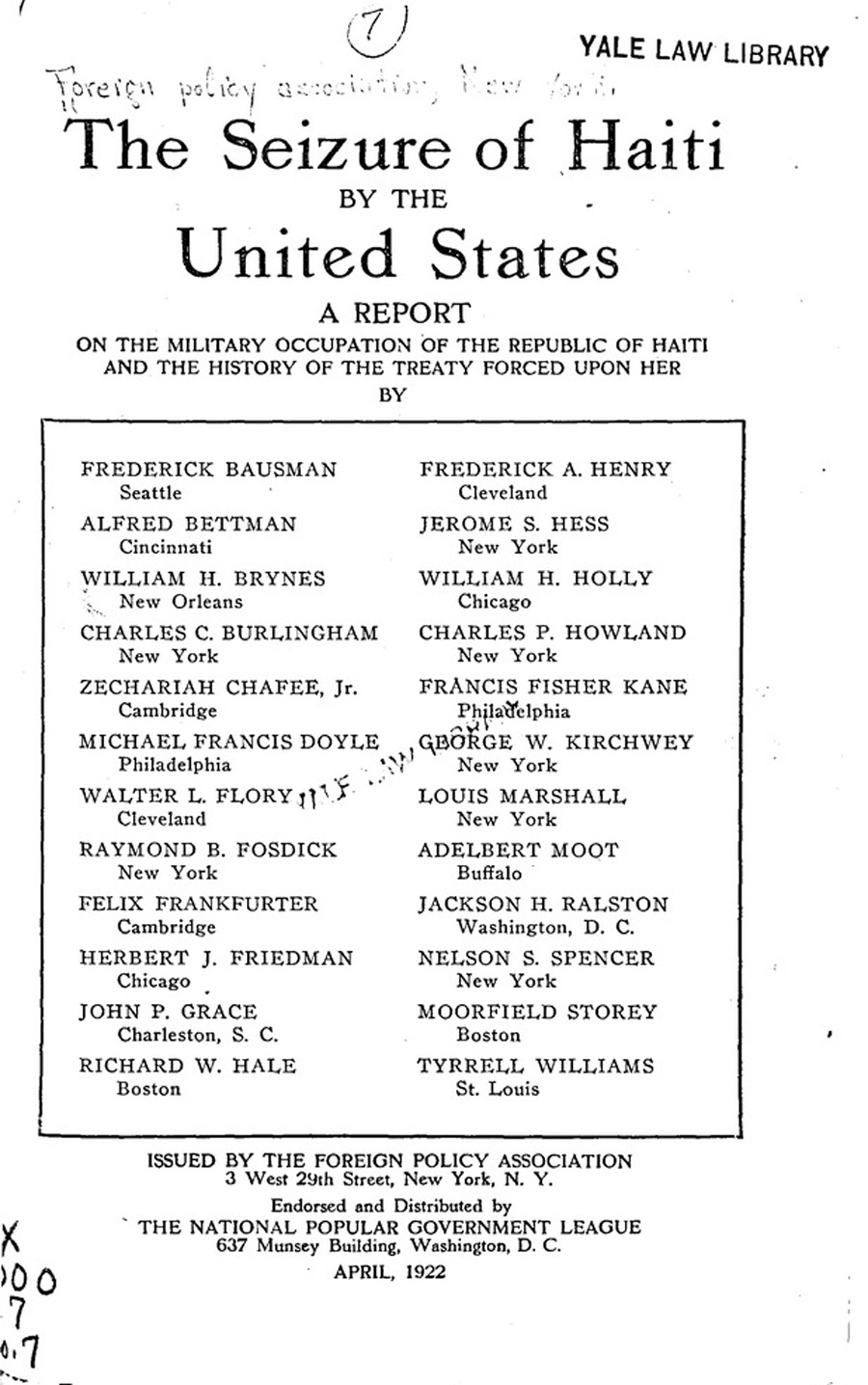His Excellency is a dedicated man, passionate about social justice. When he talks about cooperation with developing countries, one feels that this is something close to his heart. Perhaps it’s quite normal when one knows that His Excellency was the person in charge of building up the donor activities and policies of his country before he was appointed ambassador in Geneva.

Q : Mr. Ambassador what is your main mission here in Geneva ?
I represent Luxembourg in the different international organizations. Luxembourg is a founding member of the European Union. Therefore the policy of the latter is among the highest priorities in my work here. With our small team, we try hard to participle as much as possible. Every morning there are several EU coordination meetings for different activities such as the Human Rights Council, the World Health Organization, the WTO…We think that it’s very important for the EU to speak with one voice and that we contribute in a constructive manner to all the activities undertaken here in Geneva.
Q : What would you say is Luxembourg’s advantage ?
Luxembourg has over the last couple of years developed a donor and solidarity policy towards the most vulnerable of the world. My country reserves quite an important part of its national revenue for inter-national cooperation. According to the latest figures, Luxembourg devotes 0.92 percent of its gross domestic product to development projects. We are among the top five major donor countries.
Equally on the multilateral scene, we work extensively with the different organizations such as OCHA, the Red Cross and UNHCR.
If you take a look at the budget of the UNHCR, Luxembourg is the first donor per capita. This is very important. I would also like to stress that we follow closely the policies implemented by the various organizations.
In 2005, under the EU Presidency of Luxembourg, the European Union countries decided to increase in a substantial manner their development aid and to commit themselves to fulfill the Millennium Development Goals in 2015. Our government is very concerned that this commitment made under our presidency in 2005 is respected.
Here in Geneva, we took the initiative less than a year ago, through the EU, to propose a new item for the World Health Organization’s agenda, namely a follow-up of the UN Millennium Development Goals which are health-related. You might be aware that three out of eight goals are related to health. (Goal 4 : Reduce child mortality ; Goal 5 : Improve maternal health, and Goal 6 : Combat HIV/AIDS, malaria and other diseases). For us, it seemed important that an international organization as WHO have an item as important as this one on its agenda. The proposal was adopted and examined for the first time this year at the Executive Council and at the last World Health Assembly in May.
Other areas that we are very committed to include the Human Rights Council. In the Council we follow closely the questions concerning poverty alleviation. The Millennium Development Goals should also be integrated into issues like the Right to Food, the Right to Education etc.
We also participate actively in the debates on the food crisis. There was a special session of the Human Rights Council, and we took an active part in this debate. I think that the world was taken by surprise by this crisis. We can easily imagine all the suffering and the frustrations emerging from this crisis. If you have hundreds of millions who spend considerable amounts of their budget on food, and all of a sudden the prices are doubling – you are faced with a tremendous problem. Therefore, it’s very positive that the Human Rights Council dedicated a special session to this issue.
I think it’s important that the international community undertakes a serious assessment of the problem.
Q : What do you mean by « a serious assessment of the problem » ?
During the special session, I stressed that there is a multitude of factors that have contributed to this crisis – bio-fuels, climatic change… I added the fundamental and perhaps the most important reason is that for more than 40 years the developing countries, which were self-sufficient in agricultural production, have fallen more and more into food dependency, and they are now importing more and more their food. We have been neglecting the agricultural sector for more than 40 years, giving more and more importance to cash crops. Thirdly, the World Bank and the International Monetary Fund also encouraged the developing countries to liberalize their economies and finally the agricultural sector was the one left behind.
Then there is another factor, the systematic reduction of prices for agricultural products. The low prices have always been an advantage for the urban consumer as food was cheap. The small producers, the farmers, on the other hand, were extremely penalized, as the price would not even cover their costs. So, in the end, people got discouraged and gave up their work in agriculture.
I would like to stress though that this crisis is not something new. Already for many years we had more than 800 million people, who suffer from malnutrition and hunger.
The question to ask is why the international community has not studied the problem, and why they have not organized a world summit for those people ? Is it because we are talking about small farmers who are illiterate and not well organized, who cannot make their voices heard ? These persons are not the ones who will create problems for the governments. As a result, the governments can neglect this part of the population, which nevertheless represents a great number of people. If you take Sub-Saharan Africa, 70 percent of the population are farmers, and they should be able to feed the population. The fact is that these countries are importing more and more agricultural products. Therefore, it’s important to create a coherent and substantial agricultural policy where the prices reflect the real cost of production and where farmers have access to land. In order to achieve this, we need an adequate regulation of the market that can lead to a stabilized market.
I think that time has come to create a new model of development and that we should reflect upon the policies that were followed in the past — learn from past errors and design a new and better policy.
Q : What you are suggesting will raise a number of questions, such as liberalism and international trade.
We have models that worked and have fostered food security. I know how this worked out for a number of emerging countries in Asia. If it worked so well there, why should it not work now for others, when we are trying to find a solution to this food crisis ? The United Nations ask for emergency responses, and that’s completely correct. However one should also bear in mind those who have been hungry for quite sometime.
Q : Recently we have seen some countries refusing to export their rice production. Do you think that international trade is at stake as a result of these protectionist measures ?
I think there are many questions of this sort that might arise. However, I think that the trade that we have developed has had positive results for every-body. But, perhaps in certain areas and for some countries the evolution has been too quick.
I do not think it’s right for rich countries to react in terms of protectionism. I think that countries that have more or less the same level of development might have an interest to develop trade among themselves because it’s an enriching factor and it will remain so in the future.
But, when you have countries such as the Sub-Saharan countries which have a very low productivity in agriculture in comparison with ours or emerging countries like Brazil, you should be extremely careful when you open the markets and go on the global market.
Q : Luxembourg is particularly known as a financial centre. Do you have any agricultural production ?
We have a small agricultural sector. We have somewhere between three to five percent of the population working in the agricultural sector, just like most of the Western European countries.
We began a kind of social revolution about 40 years ago when we started with the construction of Europe. In those days about twenty percent of the population was working in the agricultural sector. With industrialization and the development of services, we have managed to offer jobs to those who had earlier been working in the agricultural sector. The service sector has become very important, especially with banking, insurance, finance and transport or even satellite services.
Q : Recently many countries have been suffering from the international financial crisis. What is the situation in Luxembourg ?
I do not think that Luxembourg has been hit in particular by this crisis. Overall, we have not suffered much, however, one might say that there is a kind of slowdown of the economy under way. I hope that we will overcome this difficult situation for the economy.
Finally Mr. Ambassador what is your background ?
I started out my diplomatic career at our mission to the EU in Brussels, then I was sent to New York representing my country at the United Nations. It was a very interesting time as it was at the end of the cold war. I then returned to Luxembourg where I was in charge of political affairs. This was a very challenging time too with the war in the Balkans. Then I was appointed director of development, and for more than seven years I was in charge of setting up new development policies. It was an interesting time during which I had the chance to travel and to learn about the problems of the developing countries. All this has given me a very solid experience to continue my work here in Geneva with the different international organizations.





